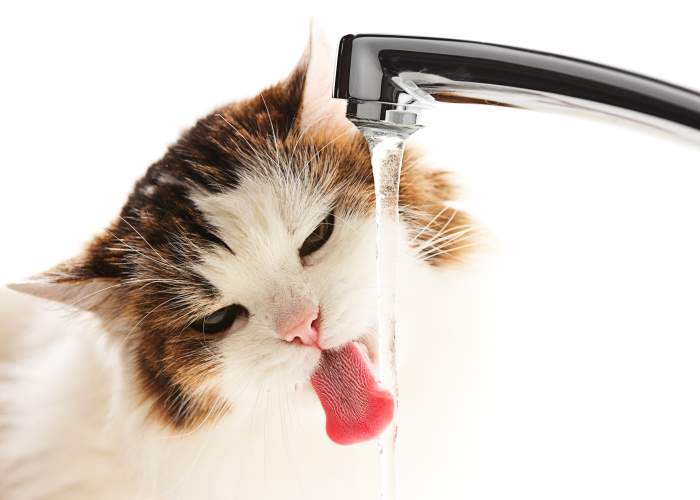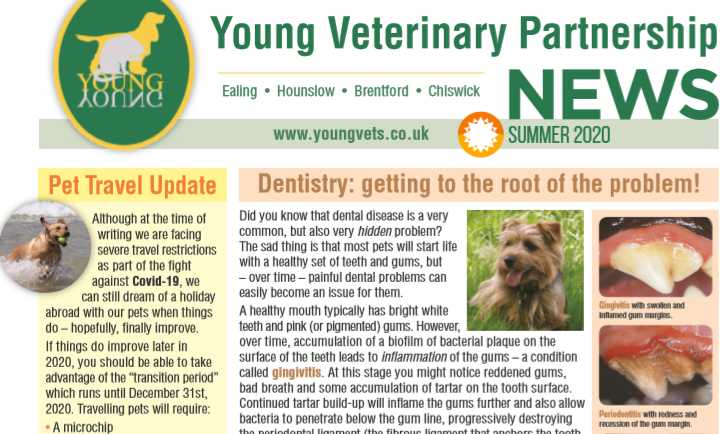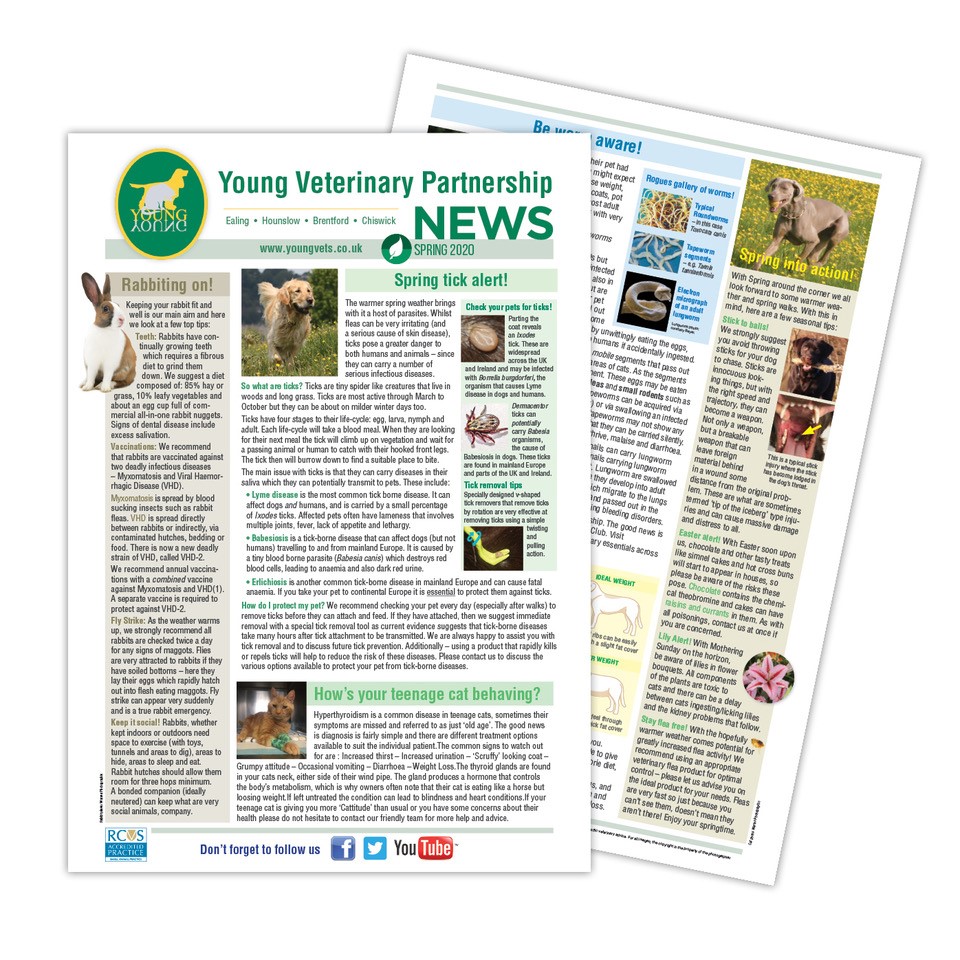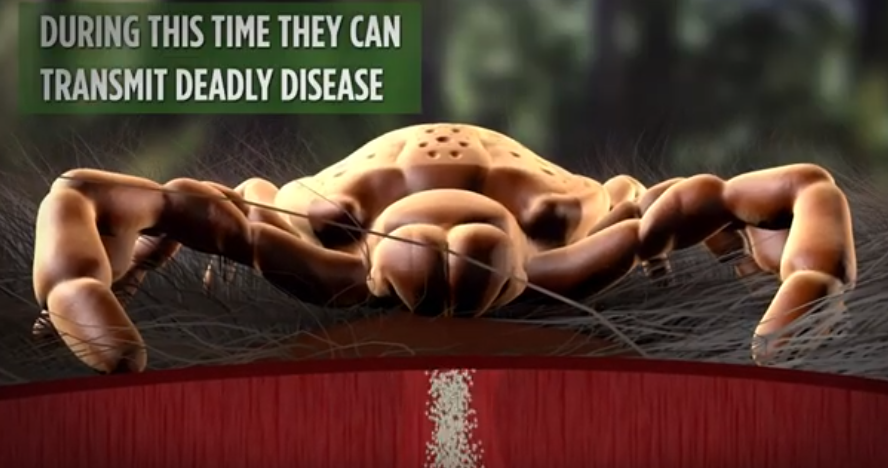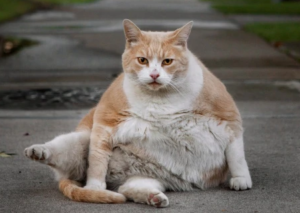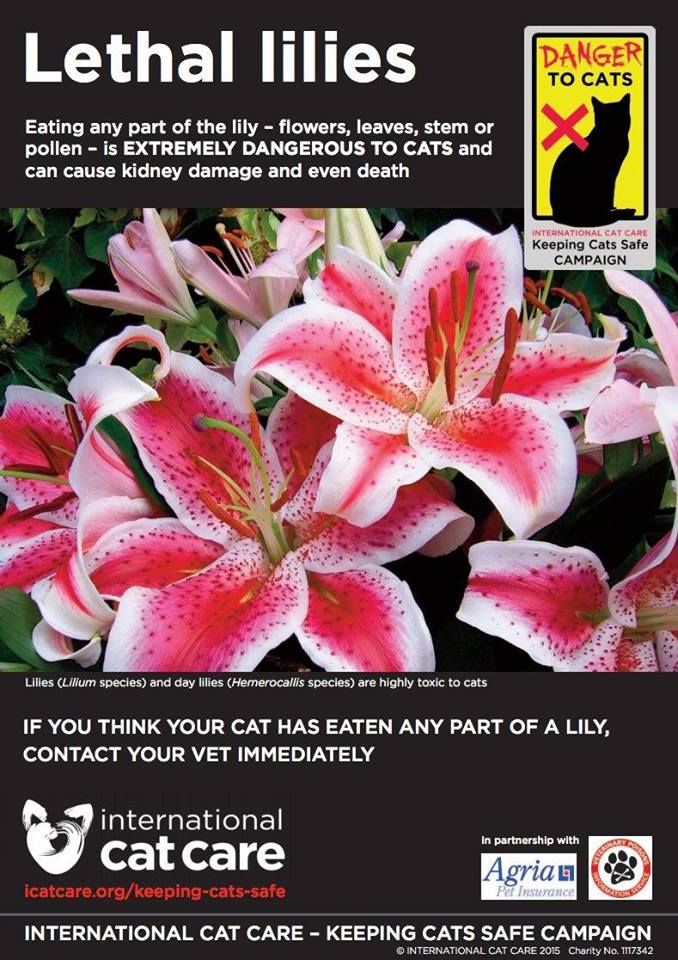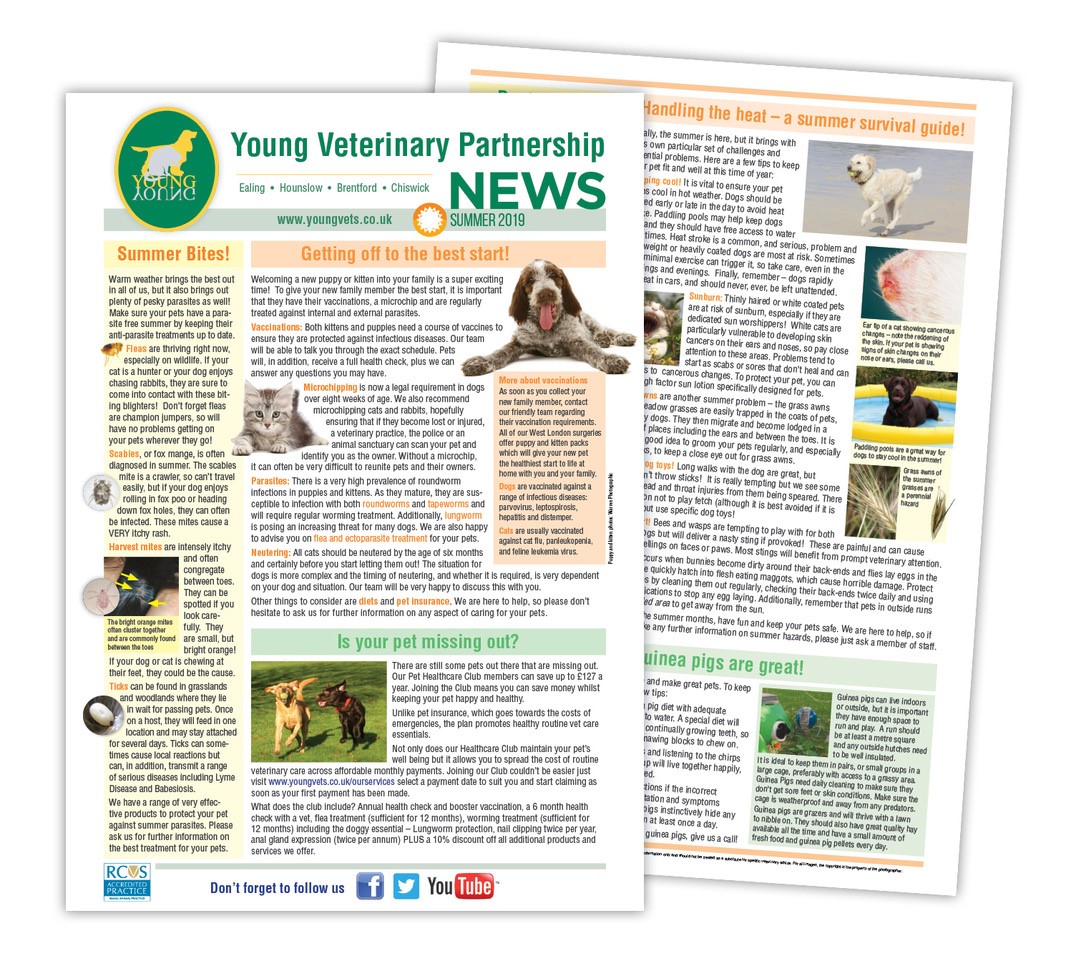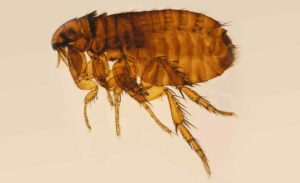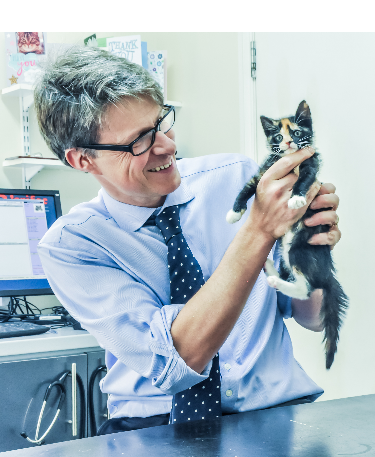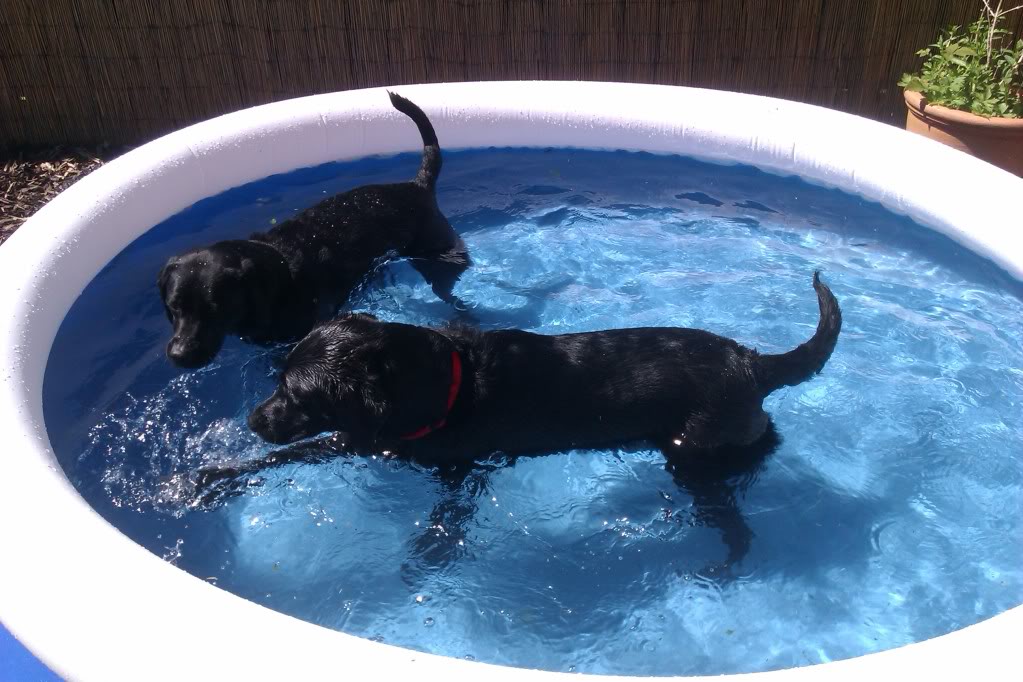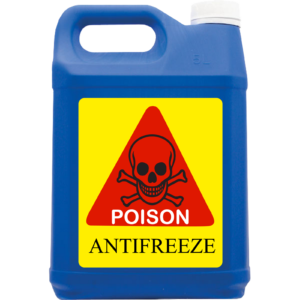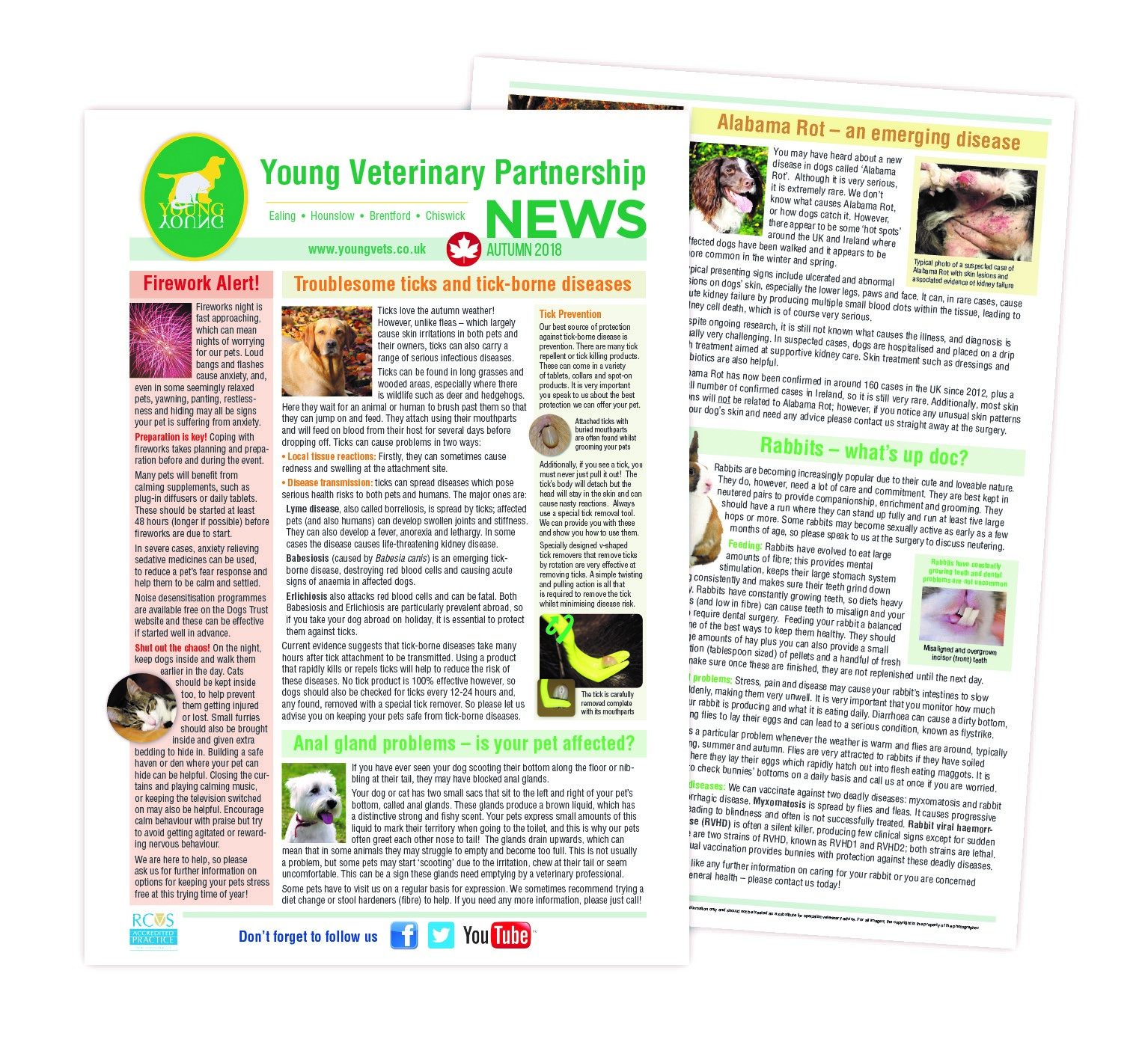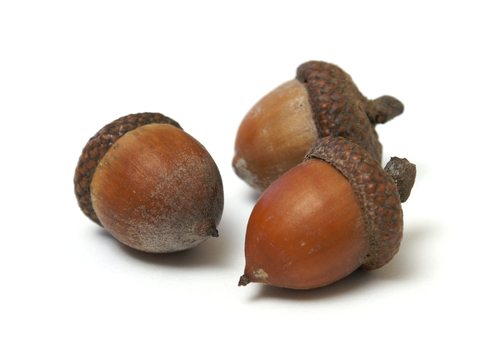Preparing for your new rabbit
Are you bringing a rabbit home soon? Have you considered rabbits can live for 10 + years and require almost as much exercise as a dog? You may not need to walk your rabbit on a lead but they require a lot of space to run, skip and jump. Did you know bunnies can even be trained to jump and do agility courses, just like dogs!
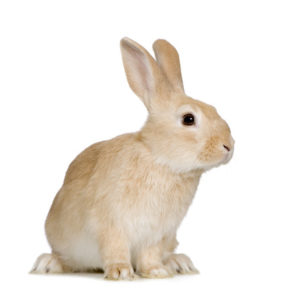
House or outdoor
Although rabbits are traditionally kept as outdoor pets in a hutch, house rabbits are becoming very popular too! However you decide to keep your new pet, they will require a large exercise area, this could be a run or fenced off area of your garden with access to grass. Ensure they have lots of tunnels and entertainment. Many activities can be made from household items including plant pots, shoe boxes and tubes.
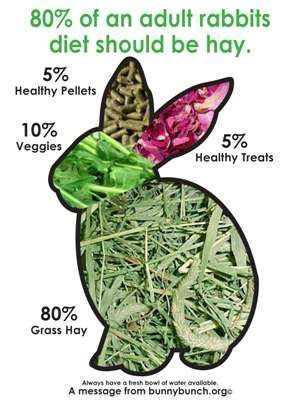
The most important parts of a rabbits diet.
Cleaning and hygiene
It is essential that your rabbits cage is kept as clean as possible, particularly if the enclosure is outdoors in summer. You should check your rabbits twice daily, especially in summer, for any signs of matted droppings or maggots around their rear ends. Clean the enclosure at least twice weekly, and if possible remove any urine-soaked bedding each day. The hutch may be cleaned with a dilute disinfectant.
Rabbits cannot sweat
Indoor rabbits should be kept in the coolest and least humid part of the house. The optimum room temperature range for rabbits is 15–21ºC. Rabbits cannot sweat or pant and if the environmental temperature rises above 27ºC a rabbit may get heat stroke. Outdoor rabbits must have access to shade in the summer. Do not place the hutch in direct sun if the rabbit is confined within it, as the rabbit may overheat. Outdoor rabbits must also be kept free from draughts, wind and driving rain, and should be protected from dogs, cats and other predators. Plenty of straw bedding in the winter and covering the front of the cage with a blanket at night will prevent them from getting hypothermia. Water bowls and bottles should be changed daily in the winter as they may freeze.

Picture credits Karla Wakefield
Feeding your new rabbit
Grass and hay should make up to 80 % of your bunnies diet. Feeding the correct diet is fundamental to maintaining health, particularly of the teeth and digestive system. We recommend feeding a small amount of rabbit pellets or nuggets, NOT museli (as they will only pick out the bits they like) alongside hay and leafy greens. New plants should be introduced gradually to weanling rabbits. Examples are broccoli, cabbage, chicory, chard, parsley, watercress, celery leaves, endive, radicchio, dock, basil and other herbs, kale, carrot and beet tops. Wild plants such as bramble, groundsel, chickweed, and dandelion can also be given if available. All green foods should be washed before feeding. Fresh drinking water must always be available.
Register your new pet with our team today here, our Ealing surgery is open and available 7 days a week and our phones will give you access to veterinary advice 24/7. If your bunny needs a health check don’t hesitate to contact our friendly team today.
This blog has been produced by PetSavers. PetSavers is dedicated to improving the health of the nation’s pets. Petsavers do this by funding clinical research projects and Master’s degrees by research. Clinical research projects give us a better understanding of pets’ illnesses. This leads to improved diagnosis and treatment so that pets can have longer and healthier lives. A Master’s degree by research develops the skills of vets so they can apply the results of the research and their expertise to pets as soon as possible. No experimental animals are used in PetSavers studies. To learn more about this charity visit www.petsavers.org.uk
